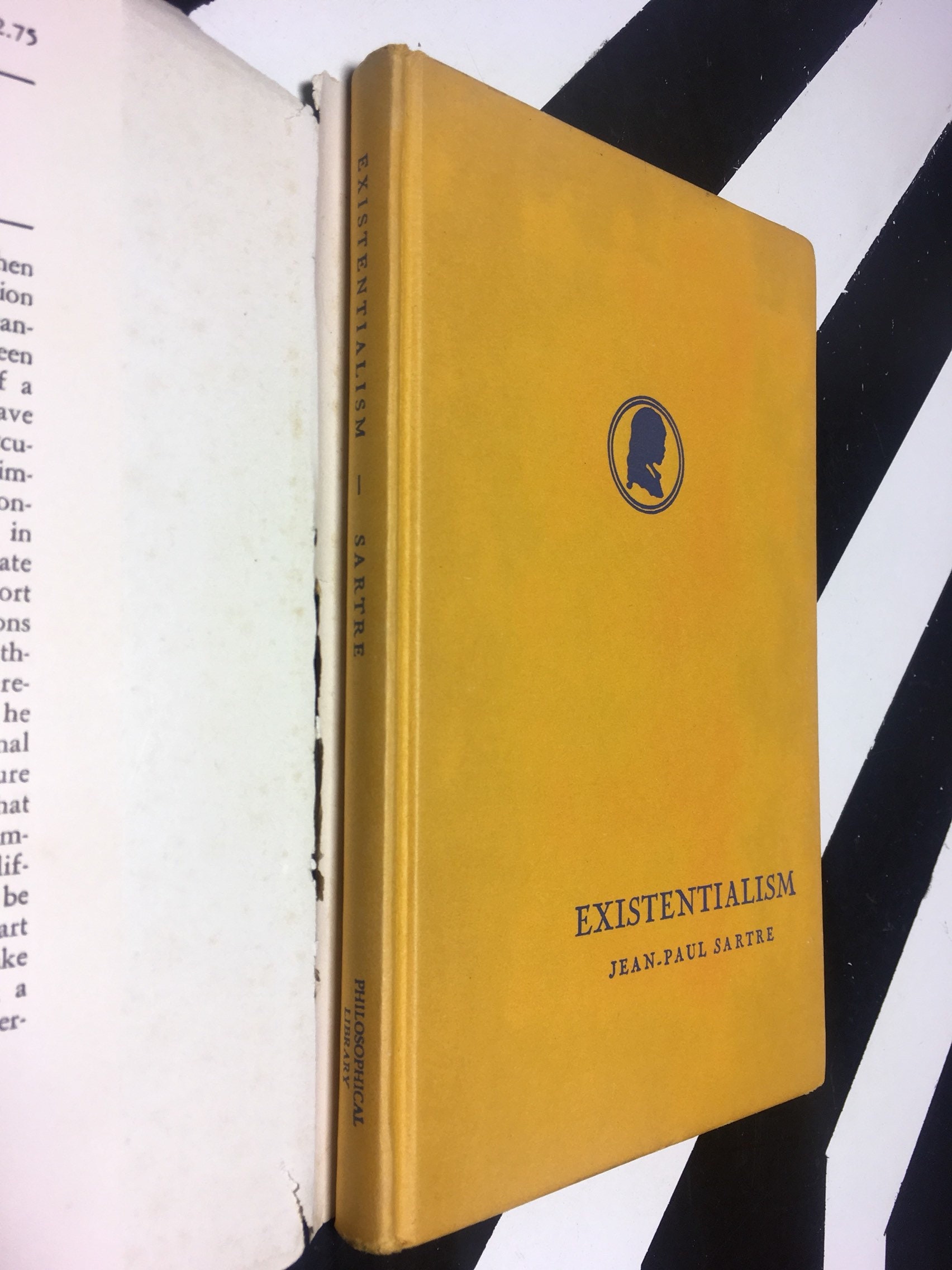Existential Insights: Unveiling 8 Profound Life Lessons Inspired by Jean-Paul Sartre
Jean-Paul Sartre, the renowned French philosopher and writer, is widely regarded as one of the most influential thinkers of the 20th century. Known for his existentialist philosophy and outspoken activism, Sartre delved into the complexities of human existence and the search for meaning in a seemingly absurd world.
In this article, we explore eight profound life lessons that can be gleaned from Sartre’s works and teachings. From embracing personal freedom to confronting our existential fears, Sartre’s insights provide valuable guidance in navigating the complexities of our own lives.
By delving into Sartre’s philosophy, we will uncover the importance of authenticity in human relationships, the role of responsibility in shaping our destinies, and the significance of personal choices in molding our identities. From examining the nature of anguish and the weight of individual actions to questioning the existence of God, Sartre’s ideas continue to inspire and provoke meaningful introspection.
Whether you are familiar with Sartre or just beginning to explore existentialist thought, this article will illuminate his core principles while inviting you to question your own existence and purpose. So join us in this enlightening journey as we unveil eight profound life lessons that can be learned from the fascinating world of Jean-Paul Sartre.
The Pursuit of Authenticity: Embracing Existential Freedom
In a world full of conformity and societal expectations, the pursuit of authenticity has become a radical act of self-liberation. Embracing existential freedom means breaking free from the constraints imposed upon us by others and society. It requires the courage to question norms, challenge our own beliefs, and explore our deepest desires. By embracing authenticity, we connect with our true selves, unlocking a sense of purpose and fulfillment that can only be found by living in alignment with our values and passions.
Freedom and Responsibility: Navigating the Ethics of Existence
Existentialism teaches us that with freedom comes responsibility. We are responsible for the choices we make, the actions we take, and the impact we have on others. Navigating the ethics of existence means recognizing the consequences of our decisions and taking ownership of them. It means acknowledging that our freedom is not without boundaries, and that our actions have the power to shape our own lives and the lives of those around us. By navigating the ethics of existence, we cultivate a sense of integrity and a deeper understanding of our interconnectedness in the world.
Relationships and the Existential Dilemma: Navigating Love, Loneliness, and Otherness
Existence is not a solitary journey, but one intertwined with our interactions and connections with others. However, relationships can also present existential dilemmas. Navigating love means grappling with the fear of intimacy and the vulnerability of exposing our true selves. Loneliness arises when we yearn for connection yet struggle to find deeper meaning in our interactions. Otherness reminds us of our role as individuals within a diverse society, urging us to appreciate differences and seek common ground. By navigating these existential dilemmas, we can nurture meaningful relationships and find solace in our human connections.
The Absurdity of Existence: Finding Meaning in a Chaotic World
Existentialism confronts us with the inherent absurdity of existence. When faced with the chaotic nature of the world, finding meaning becomes a profound challenge. We are thrust into a universe devoid of inherent purpose, where our existence is an individual responsibility to create meaning. In this pursuit, we may encounter despair and nihilism, but also the opportunity to transcend the absurd. By embracing our freedom to assign meaning to our lives, we can find purpose and significance even in the face of chaos.
Embracing Existential Anxiety: Transforming Fear into Courage
Existential anxiety is an inherent part of the human condition, stemming from the awareness of our own mortality and the uncertainty of our existence. While anxiety can paralyze us, it also presents an opportunity for growth. By embracing existential anxiety, we transform fear into courage. We confront the reality of our limitations, embracing the impermanence of life, and freeing ourselves from the constraints of fear. In doing so, we unlock a deeper sense of authenticity and live more fully in the present moment, embracing the beauty and uncertainty that life has to offer.

In conclusion
Jean-Paul Sartre’s philosophy and ideas provide us with profound insights into the existential nature of life. Through his works, we are reminded that each individual is responsible for creating their own purpose and meaning in a seemingly chaotic and absurd world. We are challenged to confront the anguish and freedom that comes with this responsibility, embracing the existential dread rather than running from it. Sartre’s belief in the importance of authenticity encourages us to stay true to ourselves and embrace our own individuality, rather than conforming to societal expectations. Moreover, his emphasis on the significance of choice reminds us that our decisions shape our identity and existence. Ultimately, Sartre’s teachings teach us to live our lives with intention, courage, and a genuine awareness of our own freedom. By unraveling these eight profound life lessons inspired by Jean-Paul Sartre, we can gain a deeper understanding of ourselves and our place in the world, and embark on a journey of self-discovery and personal growth.
